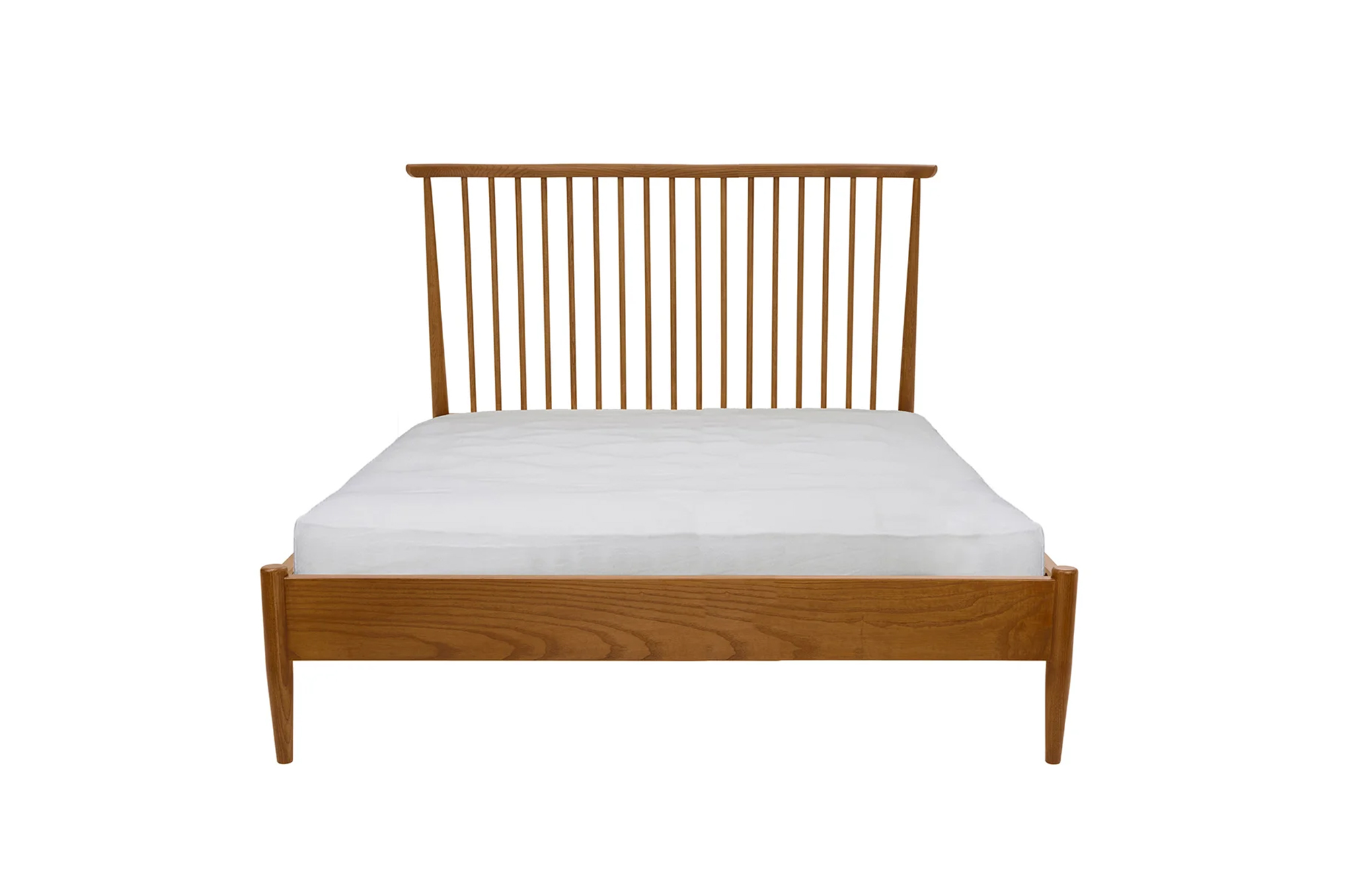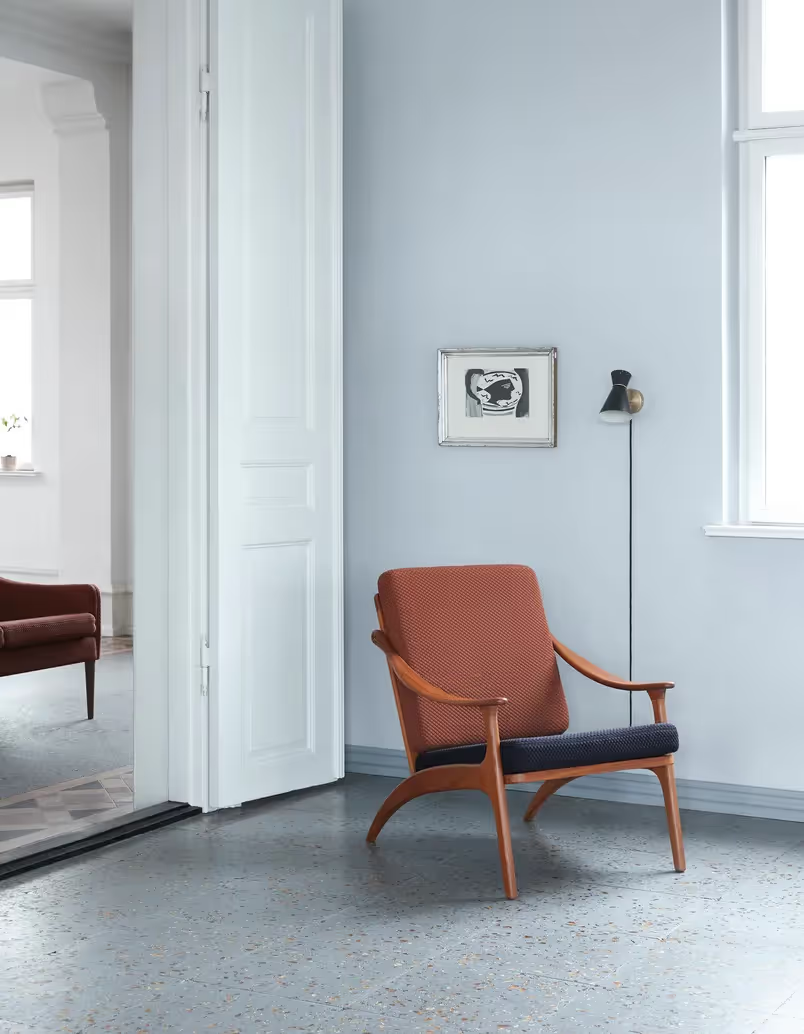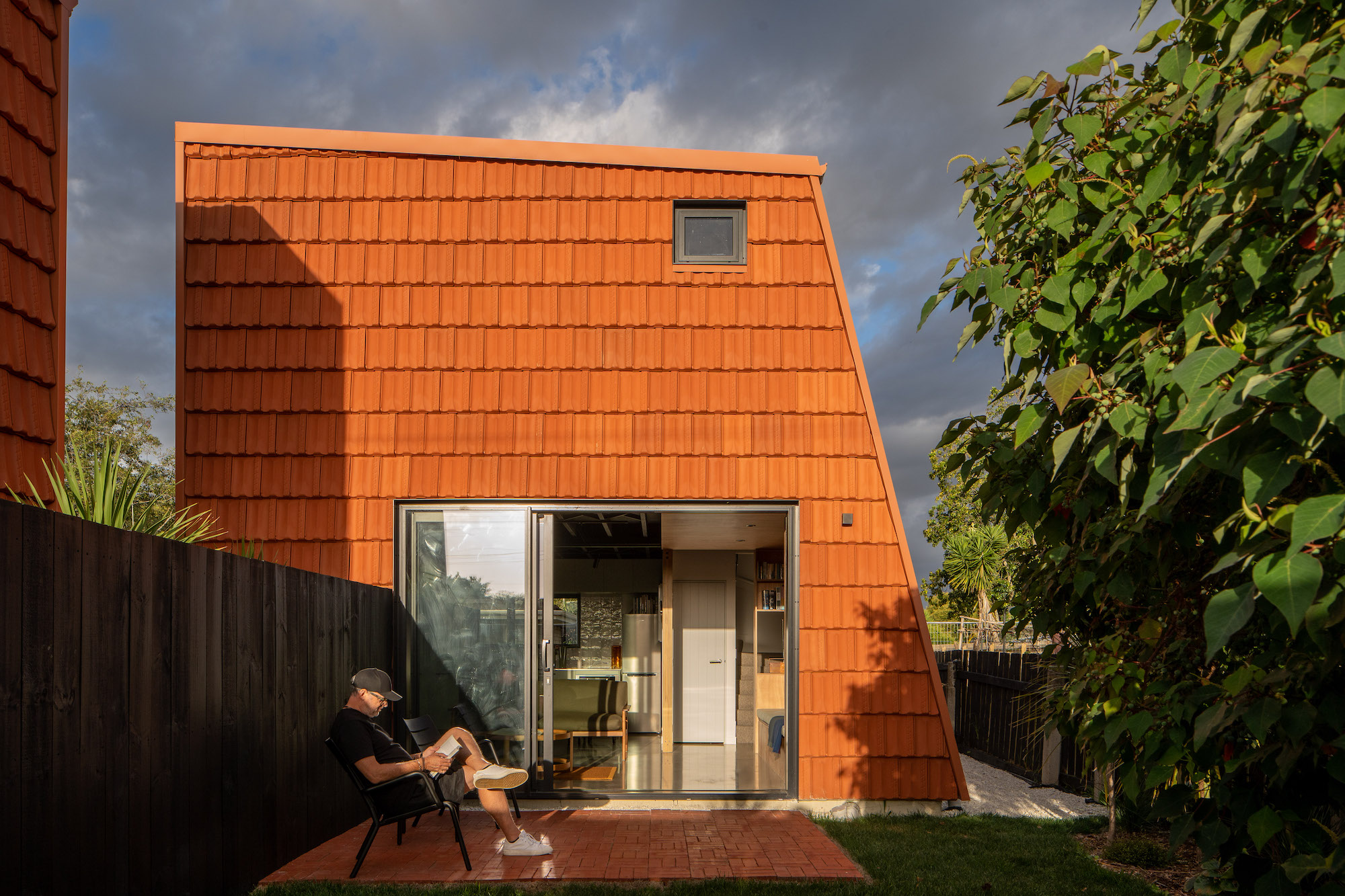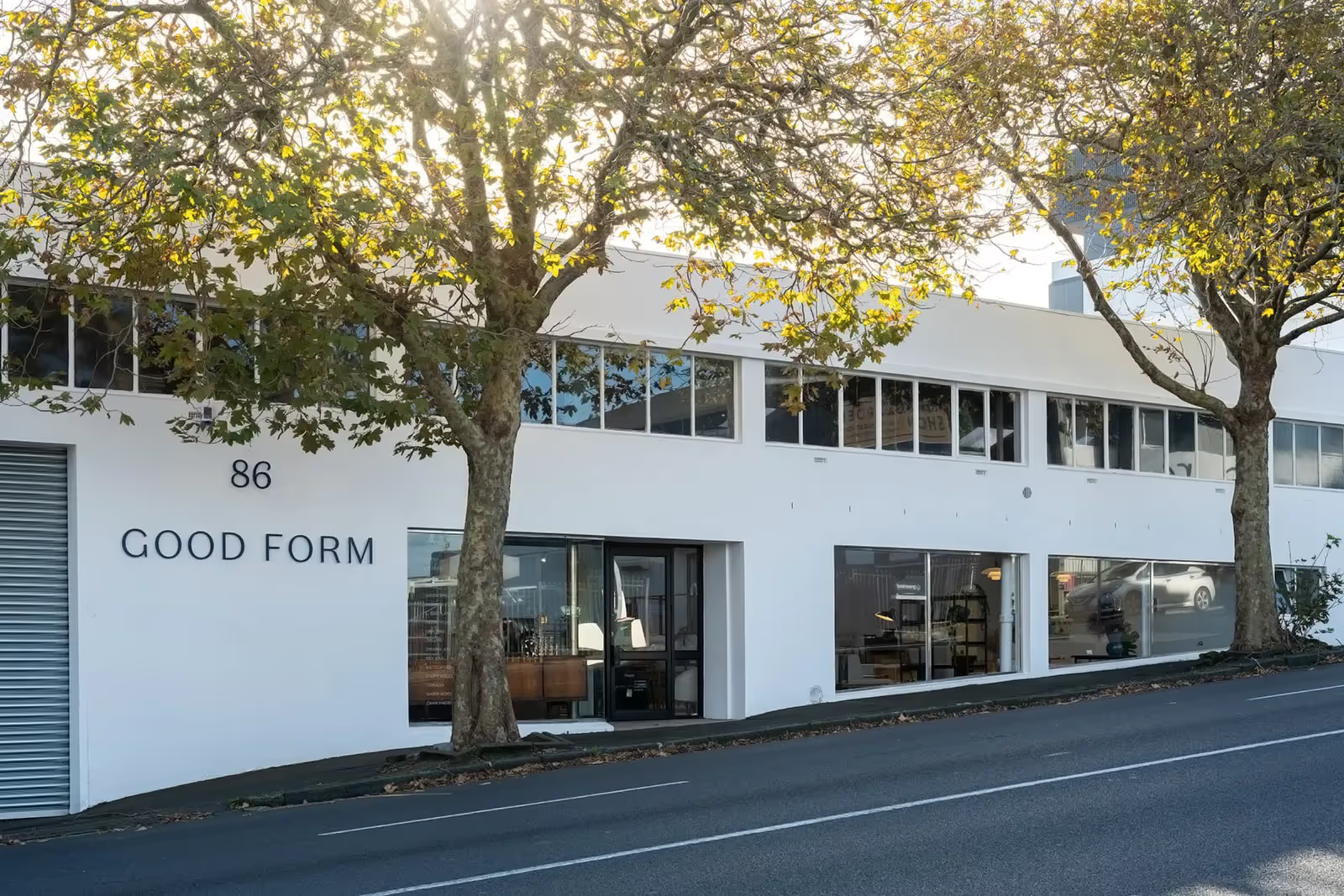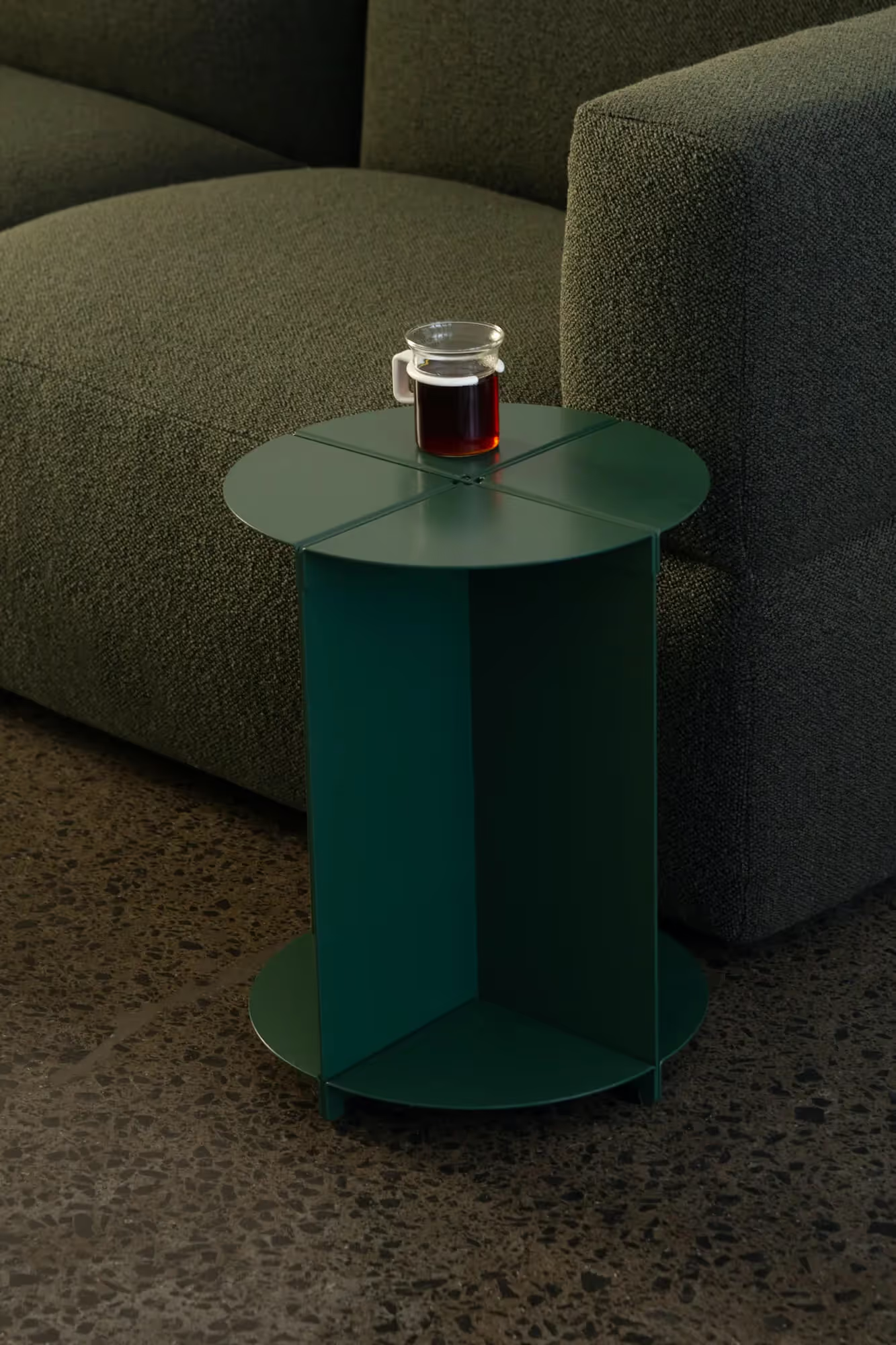Over 100 wooden birds from Kristian Vedel, thanks to Danish brand Architectmade.
We are delighted to join in this unique project which is an opportunity to create an immersive experience, highlighting the designer and the expressive qualities of these wonderful birds. We journey through a short history of this important Danish designer, below.
A playful display of Kristian Vedel's famous bird design, engaging with the repeated shapes to create height and depth with the installation.
Over 100 Kristian Vedel birds have been travelling the globe, occupying space in imaginative ways in every place they land.
Kristian Vedel's 'Bird' Series perfectly captures the essence of Danish design. Though simple in appearance, its clean lines and elegant form create endless expressions by merely tilting its head in virtually any direction. It was one of the most successful Danish designs of the 1950s and is just as fun and enticing today.
Each bird is handmade by an experienced wood-turner in Denmark and is available in natural and smoked oak wood. Birds look great on their own or create an extended family with the different options available. The birds' bodies can be overturned to create a new look and individual personality.

Kristian Solmer Vedel (1923–2003) was a Danish designer whose work helped define the principles of Scandinavian modernism in the mid-20th century. Trained at the School of Arts and Crafts and later at the Royal Academy of Fine Arts in Copenhagen under Kaare Klint, Vedel absorbed a strong foundation in functionalism and human-centred design. He went on to develop a distinctive approach that balanced rigorous simplicity with warmth, tactility, and playfulness.
Vedel’s best-known creations include his series of wooden birds, designed in 1959, which quickly became icons of Danish design. Their ingenious construction allows the head to be tilted in multiple ways, giving each bird a different character or “mood.” This sense of adaptability and emotional connection is a hallmark of Vedel’s broader design philosophy, where objects are not only functional but also engage the user in personal and imaginative ways.
Kristian Vedel birds featured with the Ercol Canvas Sideboard, in our window at the Good Form gallery.
The travelling exhibition of Kristian Vedel birds, currently in New Zealand at Good Form.
Vedel’s best-known creations include his series of wooden birds, designed in 1959, which quickly became icons of Danish design.
The Modus Collection, a modular furniture series, included these lounge designs, created for Søren Willadsen. Crafted from leather and rosewood.
Beyond decorative objects, Vedel designed furniture, tableware, and children’s products. His stacking chair for children, made of bent plywood, became a pioneering piece in ergonomic and flexible design, reflecting his deep concern with how objects fit into everyday life. In 1968, Vedel moved to Nairobi, Kenya, where he founded the Industrial Design program at the University of Nairobi, contributing to the development of local design education and emphasising cross-cultural exchange.
Throughout his career, Vedel’s work was guided by clarity of form, honest use of materials, and a respect for craftsmanship. He believed that good design should improve quality of life without excess or pretension. His designs have been exhibited internationally and remain in production, appreciated for their timeless modernism and human warmth. Today, Kristian Vedel is remembered as a designer who infused Scandinavian functionalism with a rare blend of intelligence, empathy, and play.
Among his most significant contributions was the Modus furniture series, designed in 1963 for Søren Willadsen. This modular system of rosewood or oak furniture was based on a flexible cube form that could be configured into lounge chairs, sofas, or benches. The pieces were upholstered in leather and constructed with an emphasis on durability, elegance, and adaptability—qualities that made the series both practical and architecturally refined. Modus demonstrated Vedel’s commitment to democratic design: furniture that could change with a household’s needs, blurring the line between functional system and sculptural form. The series remains a sought-after example of Danish modernism, appreciated for its balance of modular logic and craftsmanship.
Modus Armchair, designed by Kristian Vedel for Søren Willadsen, 1963.
Vedel believed that good design should improve quality of life without excess or pretension.

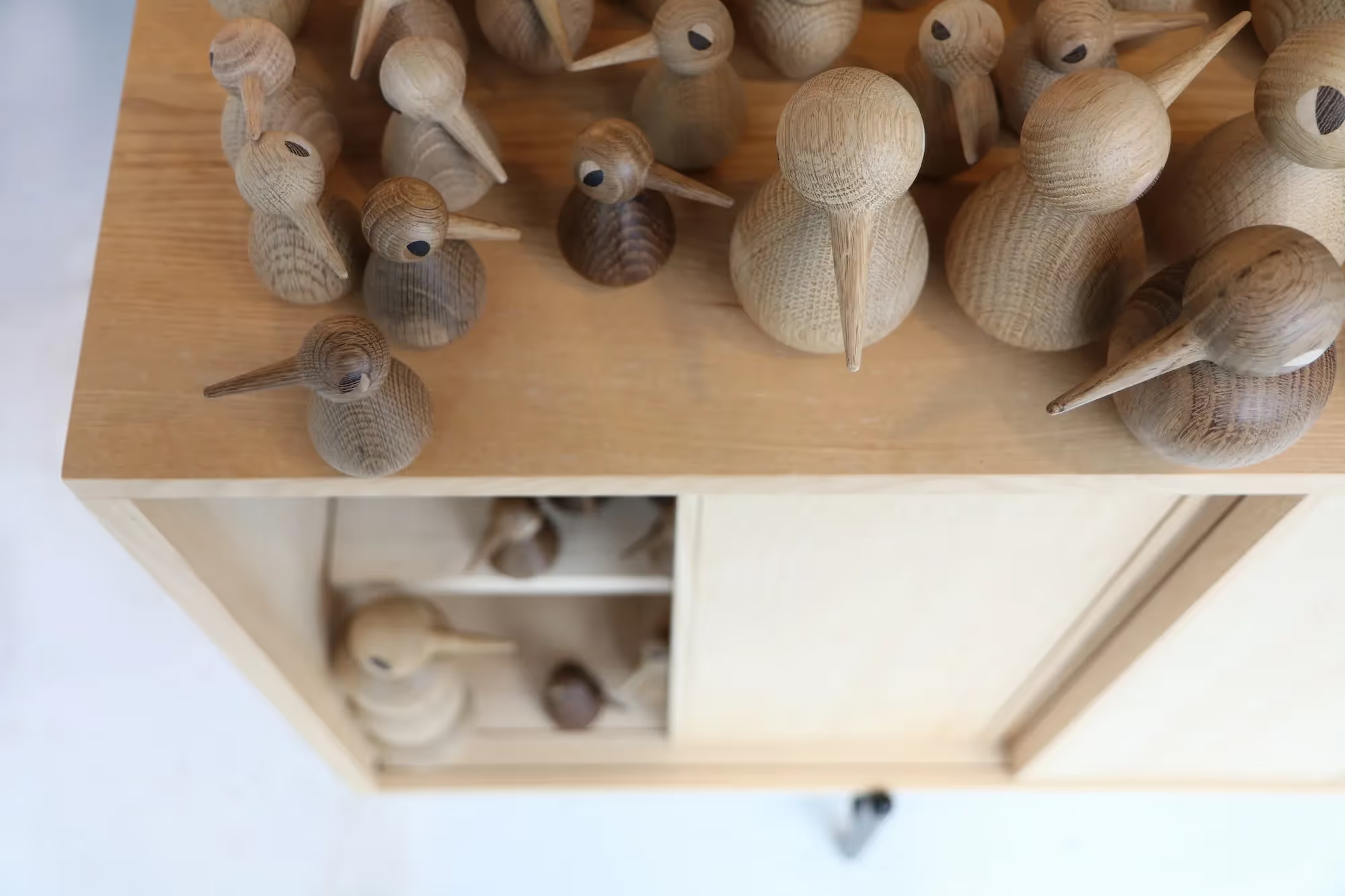
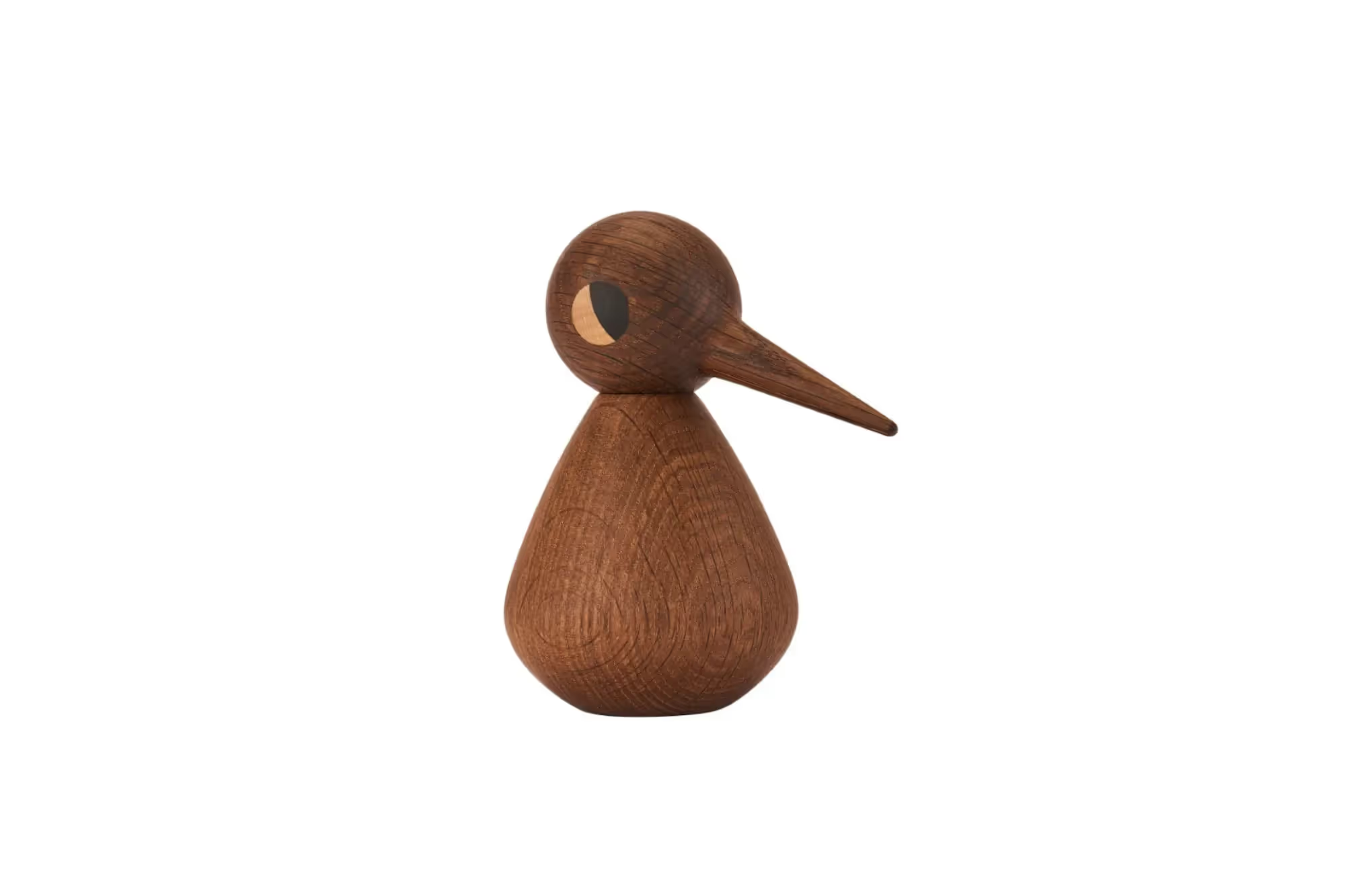
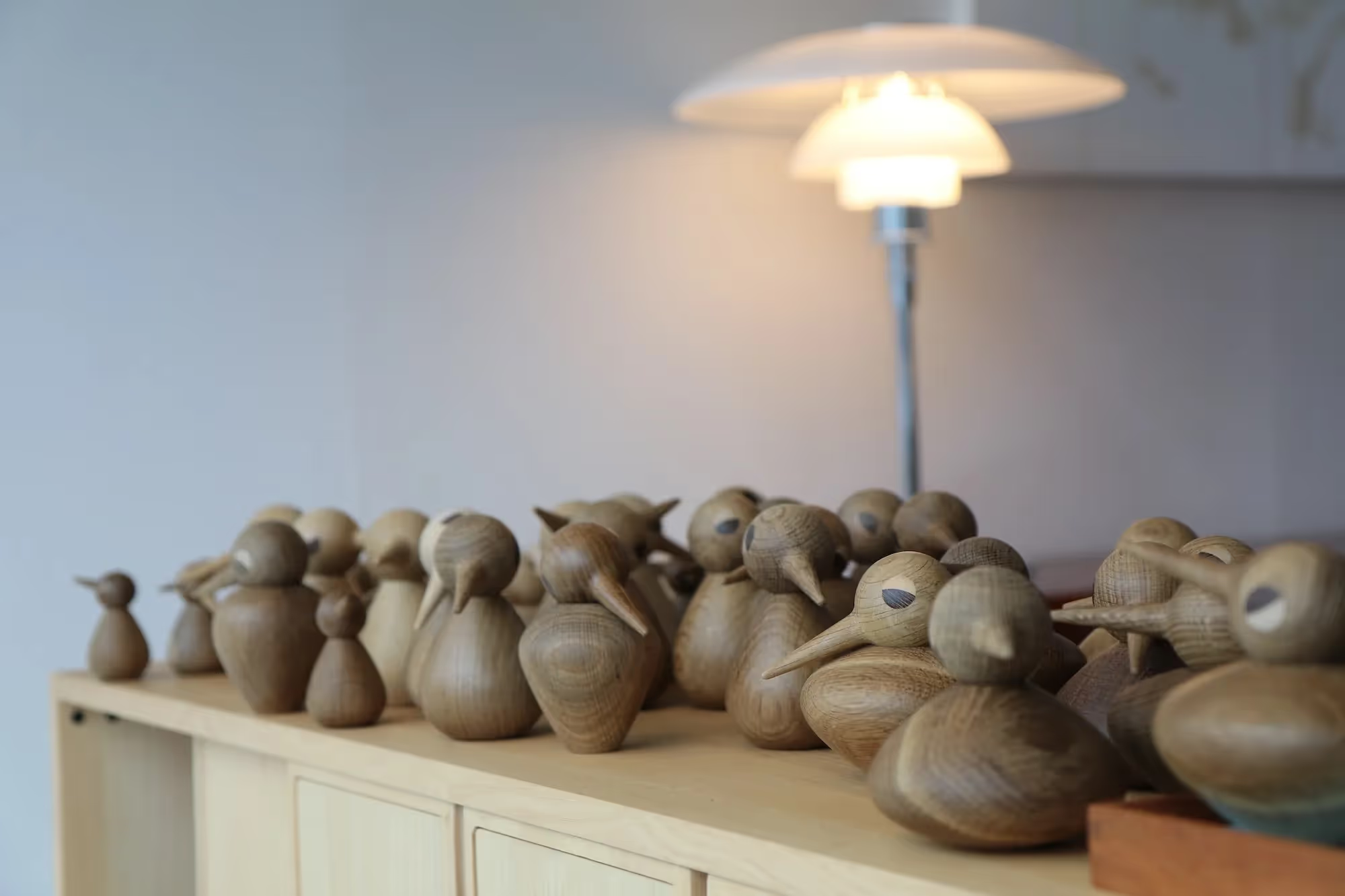
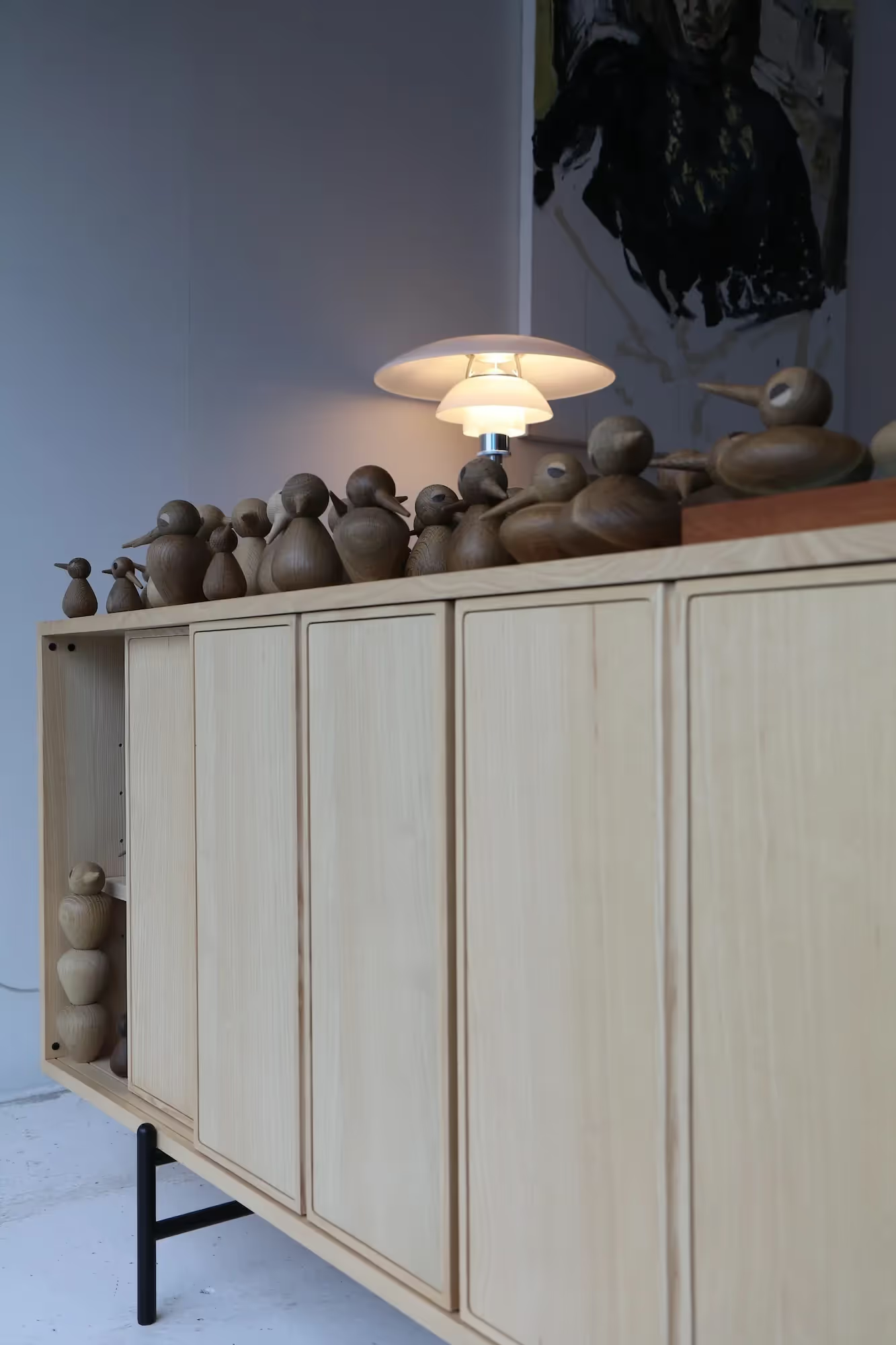

.avif)
.avif)
